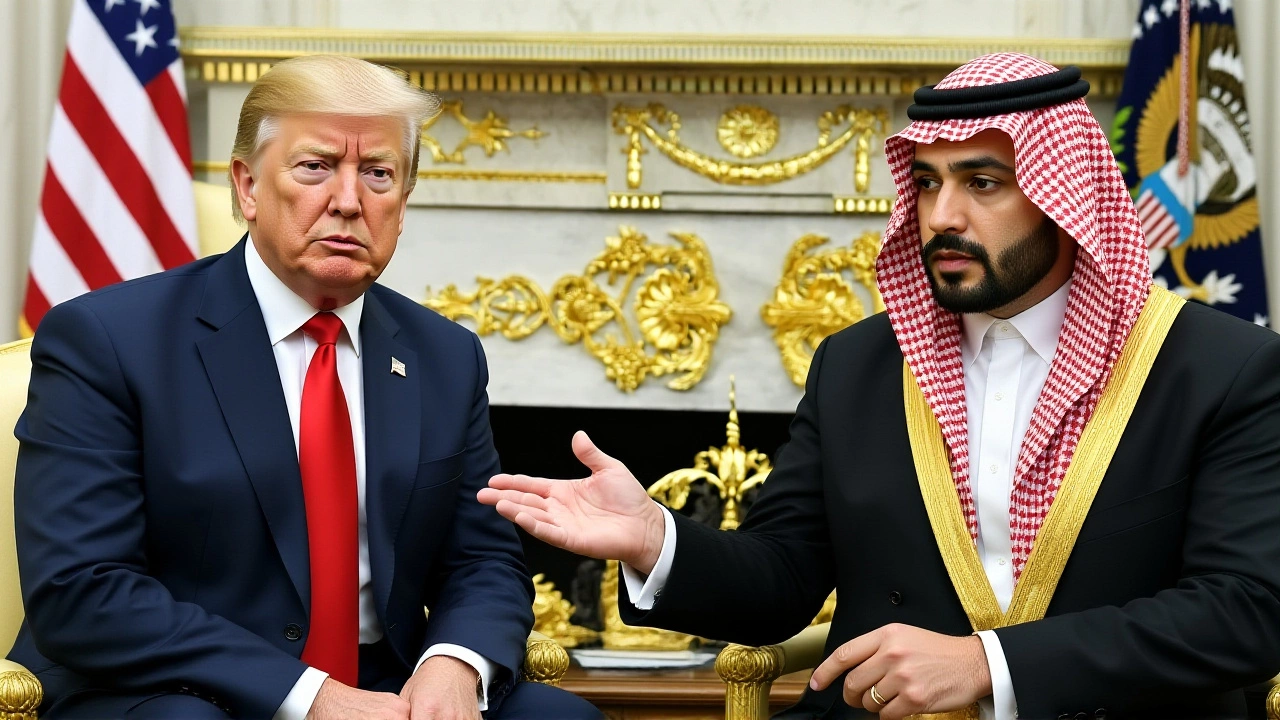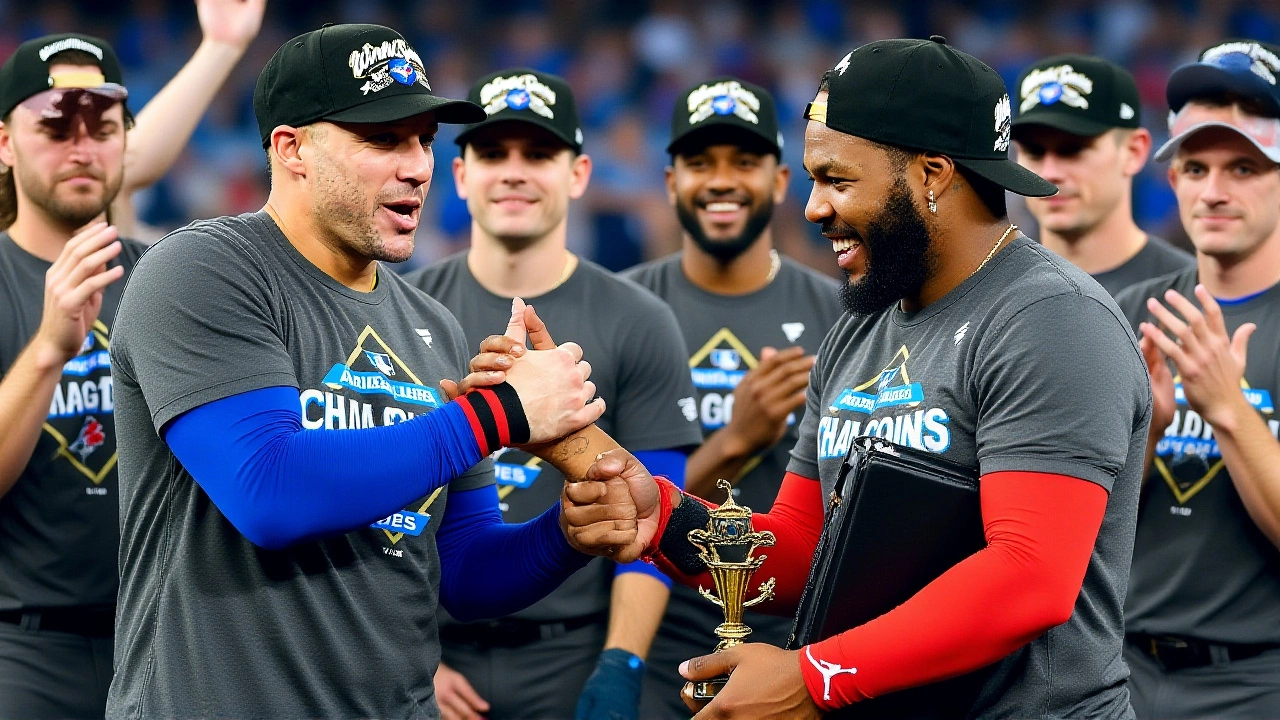Sex Work, Social Media, and the Rise of SWERFs
Sex work is growing online, but SWERFs are pushing policies that make it more dangerous. This article explores how social media empowers workers - and why exclusionary feminism harms the very people it claims to protect.
Escort Services in Paris - What You Need to Know About Local Options
Understanding escort services in Paris means looking beyond myths. Real companionship is about trust, discretion, and emotional connection - not just physical acts. Learn what matters most.
Kate Beckinsale Stuns in Sky-High Boots and Red Bow Ahead of Wildcat Release
Kate Beckinsale stunned in sky-high boots and a giant red bow at Jimmy Kimmel Live! on Nov. 24, 2025, to promote her new film Wildcat, releasing Nov. 25. The bold look mirrored the film’s mix of grit and heart.
Childish Gambino’s Stroke Forces Tour Cancellation Amid Heart Condition Revelation
Childish Gambino suffered a stroke from undiagnosed atrial fibrillation in August 2025, canceling his This Is America Tour and triggering $28 million in losses. He now takes daily blood thinners and is restricted from high-decibel performances until April 2026.
Costa Rica and Honduras Eliminated from 2026 World Cup After 0-0 Draw
Costa Rica and Honduras were eliminated from 2026 World Cup qualification after a 0-0 draw in San José, ending Costa Rica’s six-tournament streak and Honduras’ three-tournament run. Keylor Navas starred, but no goals came.
Trump Hosts MBS at White House Amid Human Rights Outcry Over Khashoggi and Executions
Donald Trump hosted Saudi Crown Prince Mohammed bin Salman at the White House on November 18, 2025, defending his human rights record despite 345 executions and the Khashoggi murder — sparking global outcry over moral compromise in U.S. foreign policy.
Injured George Springer Misses Second Straight World Series Game as Blue Jays Adjust Lineup
George Springer missed his second straight World Series game due to injury, forcing rookie Davis Schneider into the leadoff spot — and he stunned Dodger Stadium. The Blue Jays’ lineup shifted, but Springer’s return remains uncertain.
Victor Wembanyama’s 40‑point debut sparks Spurs’ explosive season start
Victor Wembanyama's 40‑point, 15‑rebound debut fuels a 125‑92 Spurs win over the Mavericks, marking the first 40‑15 season opener since 2016.
Leaked Young Republican Chat Exposes Racist, Rape‑Glorifying Talk Across NY and Beyond
Leaked Young Republican group chat exposing racist, rape‑glorifying and Holocaust‑referencing remarks ignites bipartisan outrage and demands for leadership changes ahead of the 2025 election.
Boxing Heir Arturo Gatti Jr. Found Dead in Mexico, Deepening Tragedy
Boxing heir Arturo Gatti Jr. was found dead in Mexico on Oct 7, 2025, echoing his father's suicide and sparking calls for mental‑health support in the sport.









